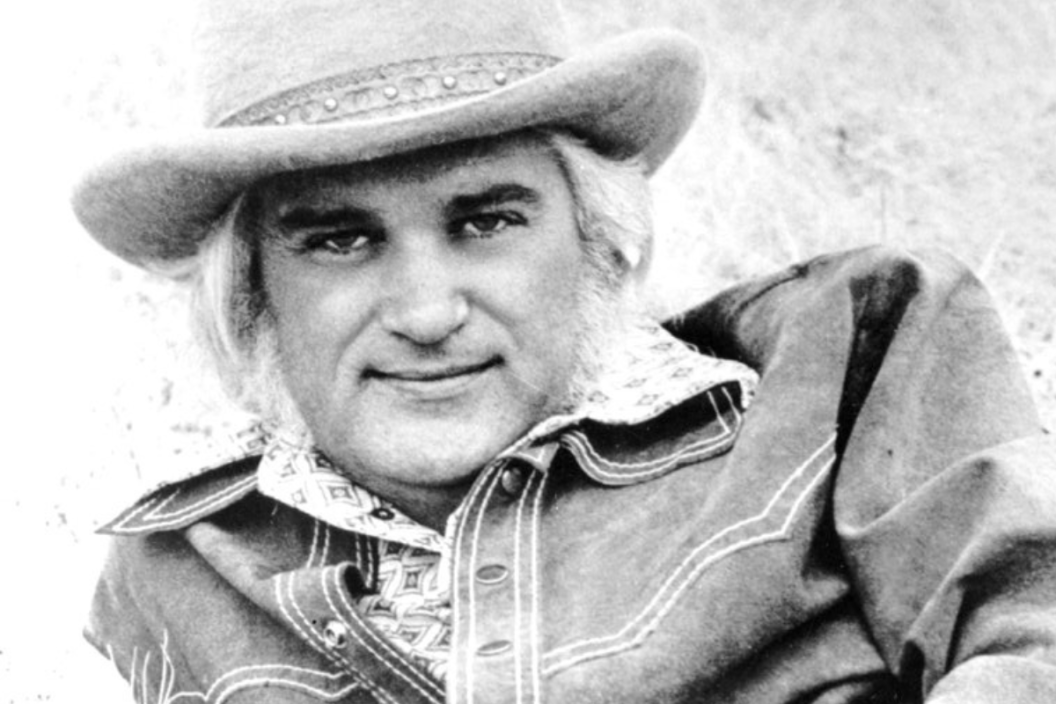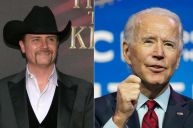In 1973 and 1974, Charlie Rich reigned as the biggest crossover star in country music. During that span, his quadruple-platinum album Behind Closed Doors and its title track dominated the ACM, CMA and Grammy awards. He even won the coveted CMA award for Entertainer of the Year in 1974. Mentioning the title track alone barely scratches the surface, as Behind Closed Doors introduced listeners to one of the all-time male crooner classics, "The Most Beautiful Girl."
Videos by Wide Open Country
While that hot streak made Rich a household name, it's just one phase of the Silver Fox's legendary career as a jazz musician, session player and country singer.
Born Charles Allan Rich on Dec. 14, 1932, in Colt, Arkansas, the future star grew up around gospel and blues music. While serving in the Air Force after a brief stint at the University of Arkansas, Rich and his wife Margaret Ann performed jazz with an Oklahoma-based group called the Velvetones.
Sun Records' Jack of All Trades
The couple later settled near Memphis, where Rich performed jazz and R&B locally. He soon joined the Sun Records roster as a solo artist, songwriter and session musician--collaborating with the likes of Johnny Cash and Jerry Lee Lewis. His third single for Sun, the Elvis Presley-sounding "Lonely Weekends," became a top 30 hit in 1960.
A jump to RCA subsidiary Groove stalled career success, aside from a recording of "Big Boss Man" and the equally solid "Big Jack." He struggled to find a fit from there, going a more traditionally Nashville-sounding route with Smash Records before crooning some blue-eyed soul for Hi Records--namely the fantastic single "Love is After Me."
A Certified Megastar
Producer Billy Sherrill changed Rich's fortune after luring the singer to Epic Records in 1967. That amazing 1973-'74 run followed, making Rich a fixture of both the country and pop charts. Additional crossover hits from that time period include "There Won't Be Anymore," "A Very Special Love Song" and other singles that captured the sensitive side of a grizzled veteran.
Rich was on such a roll at the time that he even landed the theme song for the beloved 1974 family film Benji.
The Fall and Rise of a Country Music Legend
Rich was embroiled in controversy for his actions at the 1975 Country Music Association (CMA) awards show when he famously set the envelope on fire when it came time to announce John Denver as Entertainer of the Year. While many framed the act as Rich taking a stand against pop music crossing over into country music (though he'd followed a similar path), Rich's son said the envelope burning had more to do with the combination of prescription pain medication (taken due to a recent accident) and a few too many gin and tonics backstage. Whatever you believe, the act still stands as one of the most infamous and shocking moments in American television history.
The country hits started slowing down in the late '70s. He reappeared on the country charts here and there, including his final No. 1 hit, the 1978 Janie Fricke duet "On My Knees." Although fads had changed, he was still the same smooth-voiced singer capable of conquering both Memphis and Nashville. That same year, he appeared in the Clint Eastwood film Every Which Way But Loose, proving he'd maintained at least some of his mainstream appeal as country approached a new decade.
Rich passed away on July 25, 1995, in a Hammond, In. hotel from a pulmonary embolism. His final album ended up being 1992's Pictures and Paintings. Its powerful version of "Feel Like Going Home" brings the veteran's jazz roots full circle.
This article was originally published in 2018.




